

INTRODUCTION
BY ROSEMARY HILL
Music is important in women’s lives, and women are important to music: its creation, its evolution and its appreciation. But a lot of the time women are written out of the histories of music. We hear about incredible men making brilliant music - like Leeds’ own Kaiser Chiefs, for example, but less about Sky Larkin, contemporaries of Kaiser Chiefs and fronted by the impressive Katie Harkin. Sadly, women face lots of barriers to making music - and that means that we should celebrate even harder when women musicians do achieve success. And it’s important to note that women’s relationship with music isn’t just about the musicians, the famous people, the successes. It’s about the women behind the scenes, the women singing their hearts out in their kitchens, the women dancing ‘til they drop.
Women | Music | Leeds explores women’s musical history in the city. The story includes influential women musicians, like Big Band leader Ivy Benson, punk rockers Delta Five and Girls At Our Best and Star Wars composer Angela Morley. The walk visits the places where women have danced the night away, the clubs that have put women’s needs first, and some of the community-based projects that have supported and championed women to fulfil their musical dreams.
I hope you will see Leeds through a whole new lens. Rock on, sisters.
Dr Rosemary Lucy Hill is the organiser of Leeds Music History Walks. She has written two books about gender and music, Gender, Metal and the Media: Women Fans and the Gendered Experience of Music, and Unsilenced: Women Musicians, Gender-Based Violence, and the Popular Music Industry, and she is from Leeds. She is the lead singer in a metal band, Nithered. She loves music, maps and history.



THE ROUTE


Start: Outside BBC, St Peter’s Square, Leeds
LS9 8AH
End: Warehouse, 19-21 Somers Street, Leeds
LS1 2RG
Length: approx. 1.7 miles

Rosemary Hill. Credit R Hill
St Peter’s Square, Leeds LS9 8AH
Start in St Peter’s Square opposite Leeds Bus Station. Here are BBC Yorkshire and Leeds Conservatoire (formerly Leeds College of Music).
Leeds Conservatoire, 3 Quarry Hill, Leeds LS2 7PD
Leeds Conservatoire is a specialist music and performing arts college, known for jazz and folk. Over the years it has supported many brilliant musicians. One of those is English Teacher, who won the Mercury Award in 2024 for their debut album ‘This Could Be Texas’. The judges said the album “stands out for its originality and character. A winning lyrical mix of surrealism and social observation, alongside a subtle way of wearing its musical innovations lightly, displays a fresh approach to the traditional guitar band format. This Could Be Texas reveals new depths on every listen; the mark of a future classic.”
Lily is mixed race and the band donated the proceeds of their single ‘You Won’t Believe How Beautiful She is When It Has Snowed’ to the Black Lives Matter movement. She’s written about how her social anxiety has been a difficulty she’s negotiated whilst developing her music career, as well as barriers of sexism and racism. English Teacher have also been supported by two local organisations which are committed to local artists and seek to break down barriers of sexism: Music:Leeds and Come Play With Me.


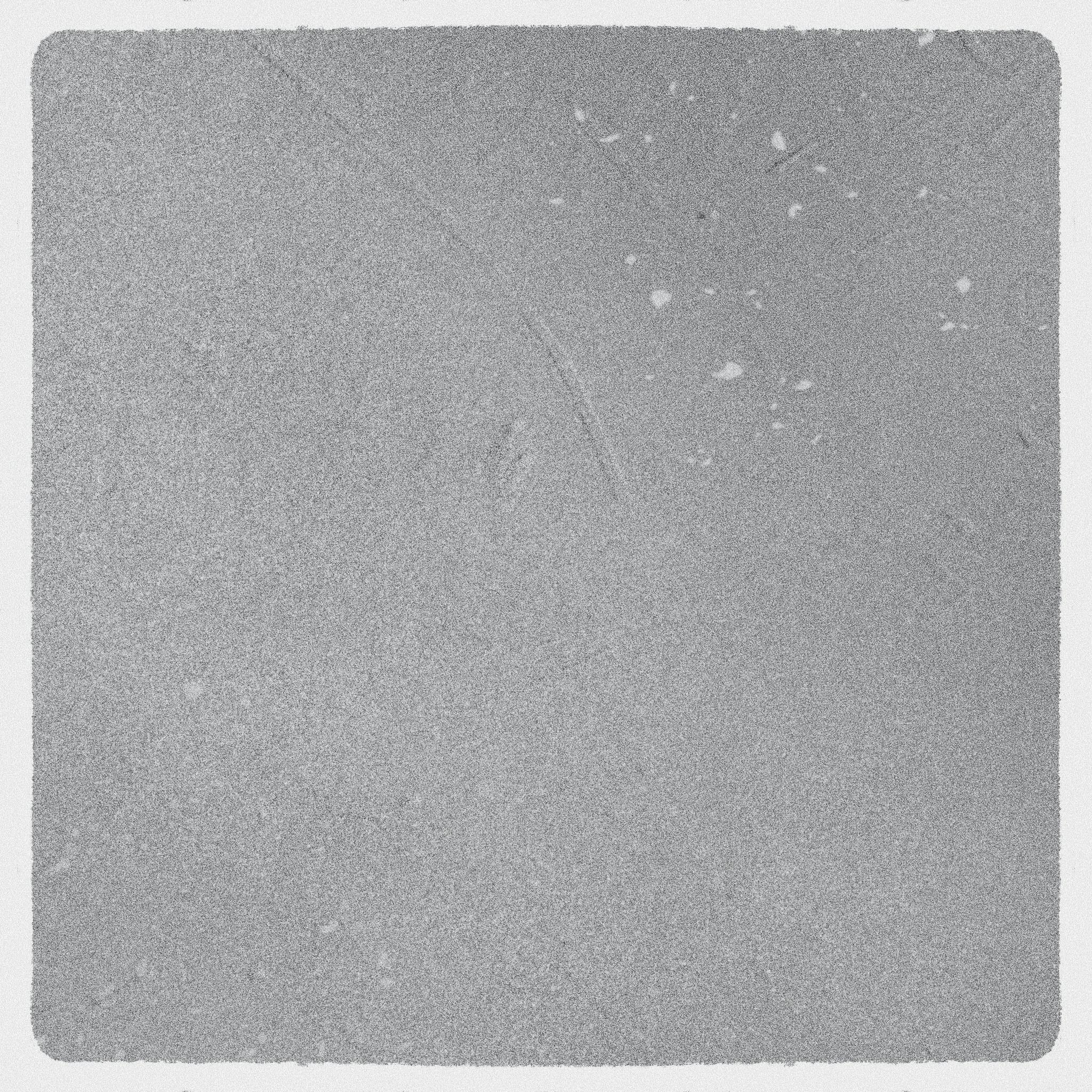
English Teacher. Credit Andy Ford
BBC Yorkshire, 2 St Peter’s Square, Leeds LS9 8AH
BBC Yorkshire has been broadcasting from here since 2004. In 2017 a blue plaque was unveiled here to a famous daughter of Leeds: Angela Morley. Angela was born in Kirkstall in 1924.
Angela Morley may not be a household name, but if you’ve heard the music in Star Wars, Superman, ET, Watership Down, Empire Strikes Back, Hancock’s Half Hour or the Goon Show then you’ve heard Angela’s music. Angela was a composer, conductor and musician who worked for the BBC in the 1940s and 1950s. She moved to California to pursue further film work in the 1960s. In 1972 she transitioned to become a woman, Angela Morley. Angela was the first openly transgender person to be nominated for an Oscar, for her work on The Little Prince and The Slipper and The Rose. She won three Emmys, and she composed music for both Dallas and Dynasty.


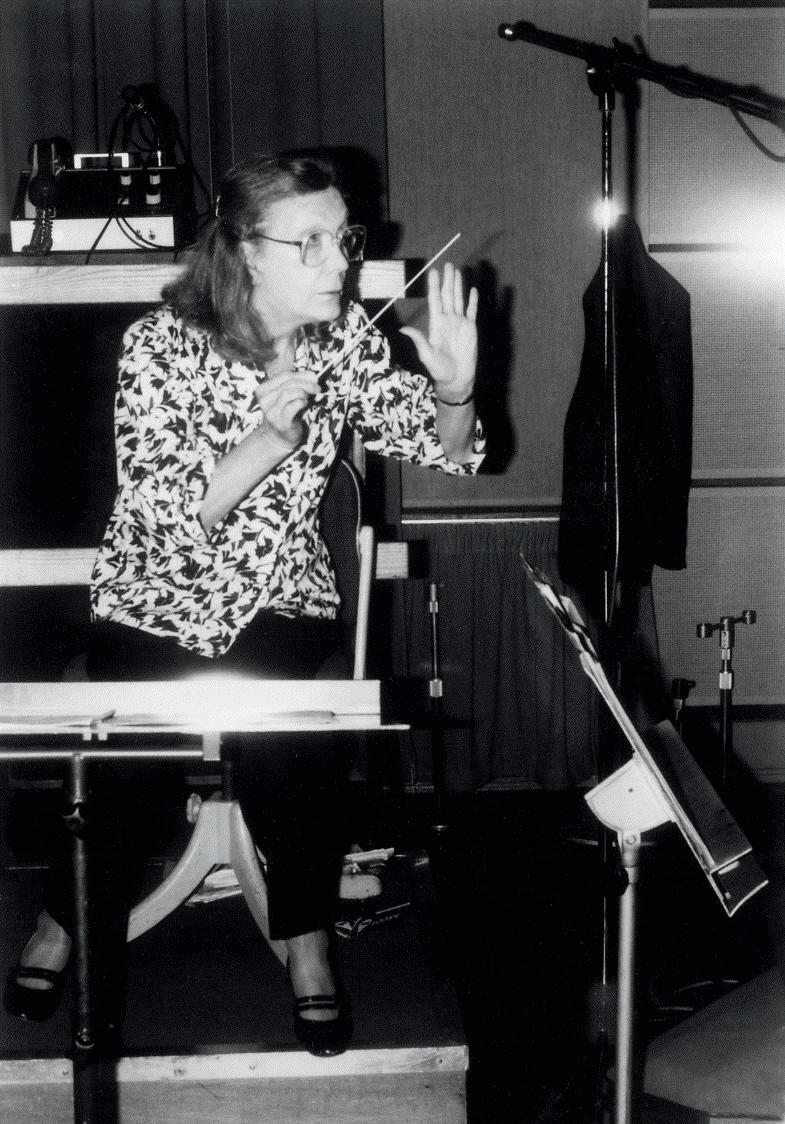
Wharf Chambers, 23-25 Wharf Street, Leeds LS2 7EQ
From St Peter’s Square, turn left along St Peter’s Street/A61, and, at the crossing, turn right into York Street, then left into Cross York Street. Go under the railway bridge, turn right and immediately left (it’s almost straight on) into Wharf Street.
Wharf Chambers is a collectively-run venue, and women have been the drivers behind the venue from the start. Even before it formally opened, the venue had a safer spaces policy in place, showing its commitment to providing a place where women and LGBTQ+ people could enjoy music without fear of harassment. It is a highly valued venue for women performers due to this emphasis on safety and its process for dealing with it.
It's also an important venue for Leeds’s LGBTQ+ community, hosting club nights, a queer sexual health clinic, fundraisers for trans surgery, as well as loads of gigs by and for queer folk. There are lots of opportunities to get involved (e.g. turn up and play your own records).

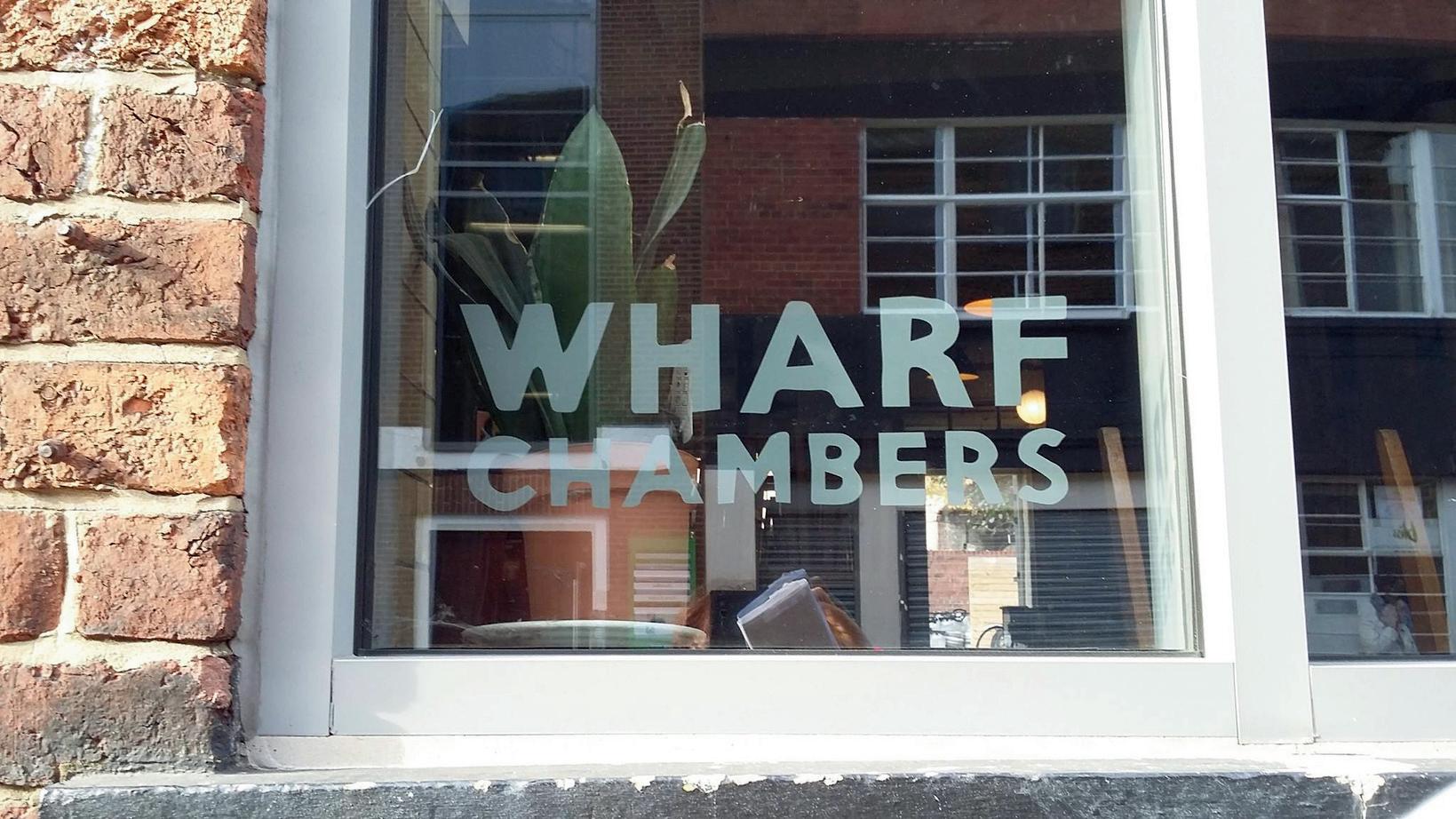
Wharf Chambers. Credit: Eleanor, Wharf Chambers
Angela Morley. Credit Leeds Museums and Galleries

Wharf was the location for Ladyfest 2014 and, in its earlier incarnation The Common Place, it was an important venue for Ladyfest 2007. Ladyfests are DIY not-for-profit festivals of music and arts that happen around the world, but are organised locally. They are designed to celebrate women’s creativity, especially in light of the male dominance of the arts and the lack of credit given to women artists. Ladyfests provide a space for women, trans and non-binary people to play music in a less misogynistic environment and with fewer gendered barriers to getting on stage.
The 2007 Ladyfest was organised by Manifesta, a collective of women, trans and non-binary music lovers. It was headlined by The Raincoats. Izzy Suttee played, as did many local bands such as Bonsai Kittens (featuring Nicky Bray and Leeds author SJ Bradley), Sky Larkin (Katie Harkin), Fake Tan (Rosey Hill, Clare Adams, Julia Downes) and many others. There was also a punk roller disco. It was a hugely important moment for feminist creativity in the city. Ladyfest 2014 included talks on women in music, mental health and street harassment, as well as gigs by The Tuts. The festival raised money for Leeds Women’s Aid and Support After Rape and Sexual Violence Leeds.
REISS, Victoria Quarter, 26-28 County Arcade, Leeds LS1 6BH
Return to Kirkgate and turn left. Turn right onto New Market Street and continue onto Vicar Lane. Turn left into the County Arcade. REISS is opposite the internal junction with the columned entrance.
This is where the Mecca Locarno, or Old Mecca Dance Hall, was from 1938-1970. The Leeds United team were regulars, and in the 60s, the club played Motown and Merseybeat. Music in Leeds isn’t just about being on stage, it’s also about enjoying music in lots of different ways. Here at the Mecca Locarno, women working in the city centre used to dip out of their shops and offices to go dancing on their lunchbreaks.
Lesley, who used to go in the 60s, told Leeds Live: “We used to go inside to pay at the box office and then went down to the cloakroom. The ladies boudoir was beautiful. It was all done out with grand mirrors and lamps. All the girls used to be in there doing their hair and makeup. The sound in the music hall was just tremendous. The music completely filled the room. You couldn’t help but dance. It was a beautiful room with a big balcony all around and a big disco ball hanging from the ceiling. In the light it didn’t look like much, but at night it was amazing. All the women used to dance around their handbags in the middle of the dancefloor and the guys used to stand around the edge before coming to speak to us girls. Everyone had to dress smartly. There was none of this ‘jeans and trainers’ thing going on back then. All the men wore suits and ties.”
Before being a club, the venue was a Lyons tearoom. In 1913 suffragettes staged a flashmob there. Leonora Cohen, famed Leeds suffragette, stood up to make a speech, and many suffragettes were positioned up in the balcony to listen and support her. Reporting on the protest, the Yorkshire Evening Post ran with the headline ‘Shrieking sisterhood’ and described it as a ‘miserable failure.’ Women got the right to vote five years later. Who's laughing now?.


Reiss. Credit R Hill

BOSS, 71-75 Vicar Lane, Leeds, LS1 6QA
Go back to Vicar Lane. The Hugo Boss shop is immediately to your left, marked with a blue plaque.
Between 1988 and 2000, this was the Duchess of York pub, a legendary live music venue run by Miranda McMullen with promoter John Keenan, where new Leeds artists like Corinne Bailey Rae cut their teeth. The venue had live music every night of the week. It was often packed beyond capacity, with sweat dripping from the ceilings. Miranda McMullen describes the venue as “hot and sweaty, but with great energy”. Her vision transformed a dirty, leaky pub into a venue that touring bands wanted to come to: she cleaned it up, created welcoming backstage areas and provided hot food for bands. Keenan booked national and international bands and The Duchess became a key part of bands’ touring schedule, a destination venue in the North and one of the few venues outside London to which A&R men would come.
It's important to acknowledge these ‘back room’ roles that women play in creating music and bringing together music scenes. Sarah Statham, a Leeds musician, says, “none of us would get very far without the people paying the tax on the venues and doing the paperwork”. Leeds is full of these enterprising women, e.g. Jilly Chatten was crucial in running the Brudenell Social Club in the 2010s, and Claire Shearsby was the house DJ at the F Club (the forerunner to The Duchess) and the ‘person that that whole scene [post-punk] rotated around’, according to Choque Hosein of Leeds bands Salvation and Black Star Liner.
The venue closed in 2000 when the lease was sold to Hugo Boss. The final gig was Leeds punk band Chumbawumba, with Alice Nutter – named after one of the Pendle witches – on vocals.
Ryans, 5 The Headrow, Leeds LS1 6PU
Continue up Vicar Lane and turn left into the Headrow. Ryans is on your left, before the Three Legs pub.
Before the Headrow was redeveloped in 1928, there was a pub here: The Malt Shovel. This is where Ivy Benson was born - her grandparents ran the pub. From the 1930s, Ivy was a famous bandleader and star jazz saxophonist. She was first a pianist and started playing in working men’s clubs when she was just eight years old, appearing on BBC radio Children’s Hour when she nine. She fell in love with jazz and went to work at Montague Burtons so she could save up for her first saxophone. She joined the Rhythm Girls, then moved to London to start her own band in the late 1930s: the All Girls Band. Ivy found many of the women for her band playing in Yorkshire’s brass bands, so she provided crucial music jobs for women in the county. During World War Two, the band toured the UK and were on the radio everyday. The Thoresby Society writes that the All Girls Band was “bringing rhythm and song, some joy and fun, and the promise of happier times, to people at home and the troops overseas.” In 1943 the All Girls Band became the BBC house band, and played in Berlin in the victory celebrations at end of World War Two - at the personal invitation of Field Marshall Montgomery.
Ivy continued to play until the 1980s. In 1988 Leeds Polytechnic made Ivy Benson an Honorary Fellow for services to music. She died in 1993.
Sports Direct, 20 The Headrow, Leeds LS1 6PT
Continue west up the Headrow. Sports Direct is on your right, at the junction with Briggate.

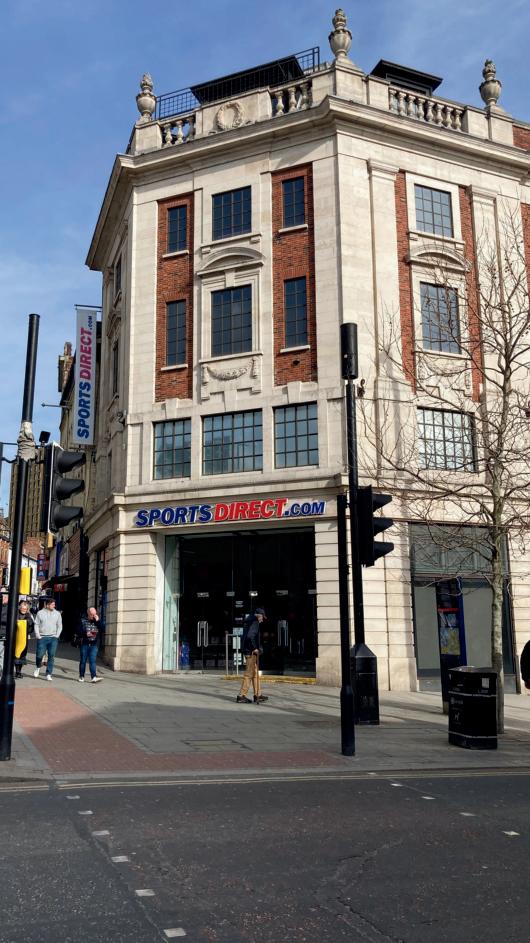
On this corner used to be the entrance to the Odeon cinema. In the 1960s, rock ‘n’ roll was growing in popularity and bigger venues were needed for bands to perform in. Cinemas took on that role, and it was here in 1963 and 1964 that The Beatles played.
Diane Dale was at the 1963 concert, and she reminisces on Facebook: “After queuing all night on the pavement to get a ticket my friend and I were on the third row from the front. I only remember jelly babies been thrown and don’t recall any girls getting anywhere near them. We did stand on our seats and screamed the whole time. Never heard a word but it was one of the best nights of our life.”
Four unhappy concert going adults were outraged by the fact that they could not hear or see the Beatles because people were jumping in front of them and screaming. They refused to leave the theatre and the management allowed them to stay in a circle aisle seat for the second show. Others remember the noise of the fans, the knickers being thrown at the stage. Legend has it the band had to leave secretly in an ambulance to avoid being followed!
City Varieties Music Hall, Swan Street, Leeds LS1 6LW
Turn around and head down Briggate, quickly turning right into Swan Street, which looks like a ginnel. City Varieties is on your right.
City Varieties was built in 1865 as an add-on to the White Swan Inn. It is a rare surviving example of a Victorian era music hall and continues to be a popular venue for music, comedy and theatre. Famous artists who appeared there were Charlie Chaplin, Houdini, and ‘Queen of the Music Hall’ Marie Lloyd.
Our own, homegrown, ‘Queen of the Music Hall’ was Vesta Victoria (born Victoria Lawrence). Vesta was born a working class girl in Holbeck in 1873 and she started her career here at the City Varieties as a child actor. As an adult performer, her songs were racy and raucous – and delivered in a mockney accent! The Thoresby Society note that “She became an international vaudeville star, ‘England’s premier comedienne’, commanding a record salary when she came back to perform at the City Varieties.” She was a huge star on the American vaudeville scene, topping the bills, being showered with gifts and receiving huge salaries. You may know the very popular song ‘Daddy Wouldn’t Buy Me a Bow-Wow’, which was written for her.


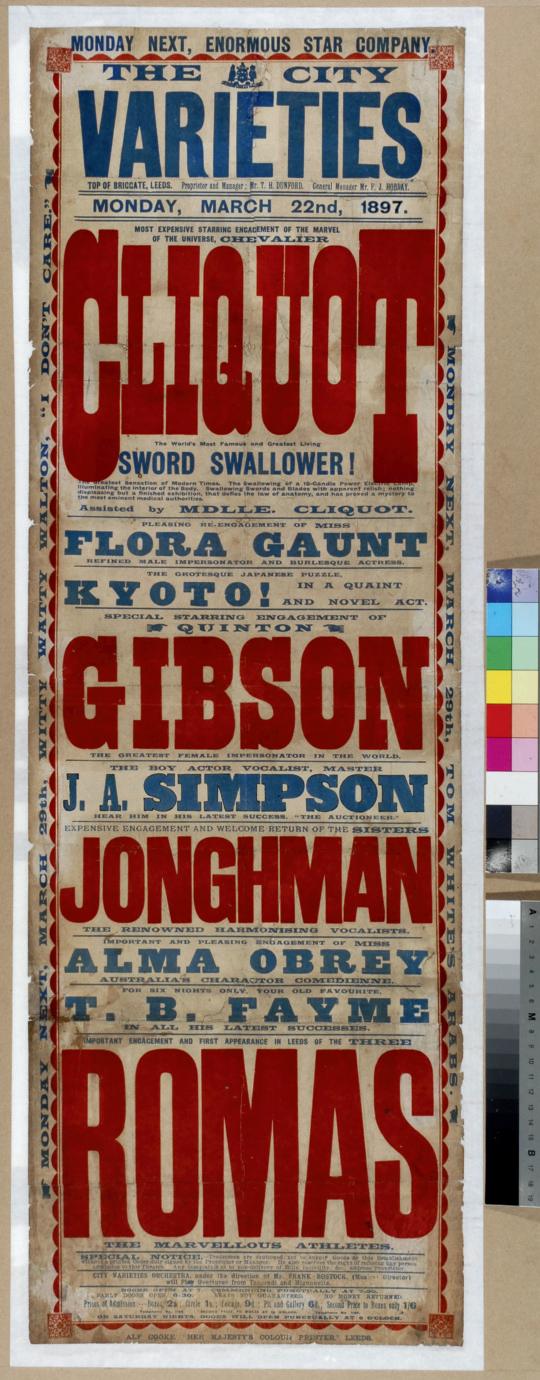
Sports Direct credit R Hill

The Rose Bowl, Beckett University, Portland Way, Leeds LS1 3HB

Continue up Swan Street and then turn right into Lands Lane. Turn left into Headrow, then right into Albion Street. Continue up Woodhouse Lane and turn left into Portland Crescent. Leeds Beckett University is on your right.
Leeds Beckett University Student Union (Portland Way) is an important mid-sized music venue in Leeds, and the University has lots of famous alumni: Marc Almond and Dave Ball from Soft Cell, Green Gartside of Scritti Politti and Ricky Wilson of Kaiser Chiefs. More recently, the University has taught, perhaps, the most famous daughter of Leeds: Melanie Brown, better known as Mel B or Scary Spice of the Spice Girls. She studied Trauma Informed Care and was awarded an honorary doctorate in 2024 for her work supporting domestic abuse victims.
Mel B was born in Harehills, and grew up in Burley and Kirkstall. She studied performing arts at Intake High School in Rodley. She had dance lessons in Hyde Park and this set her career in motion. In the late 80s she worked as a dancer at Panama Joes, which was behind the Merrion Centre, but her big break came in 1994 when she joined The Spice Girls. Their debut single ‘Wannabe’ (1996), with Mel’s unmistakable voice, was an immediate hit and an anthem of valuing female friendship. With their ‘girl power’ motto, fearless attitude and joyful friendship, they introduced many young girls to feminism.
The Spice Girls have sold over 100 million records worldwide and they are the best-selling female group of all time. Mel B is now a patron of Women’s Aid, and in 2022 she received an MBE for her work with the domestic violence charity.

The Warehouse, 19-21 Somers Street, Leeds LS1 2RG
Continue down Portland Crescent and turn right in Millenium Square to join Calverley Street. Turn left down Calverley Steet and then turn right along Headrow. Continue along Westgate and then, just before the flyover, turn left into Somers Street.
The Warehouse is a legendary club venue at heart of the house music scene in the 90s. Suzy Mason and Kas Shaw ran Vague and Speedqueen, both of which innovated strict door policies and anti-violence actions to protect women and LGBTQ+ patrons. 80s and early 90s Leeds could still be still a dangerous place for women going on a night out. Suzy remembers that town on a Friday was a no-go for women because Friday was payday and the city centre was full of blokes out to get rat-arsed on their earnings, pull a bird and fight. The 70s and early 80s in Leeds had the shadow of the National Front over it, and that had significant sway in LUFC fan culture too. Going out at night, women were advised to wear rubber tips on their stilettos so they wouldn’t be heard and, hopefully, be safe from attack.
homophobia, sexism and racism that was a part of Leeds clubbing scene at the time. They took women’s safety very seriously. Suzy was sick of the harassment and groping she faced on nights out, so they instigated a strict policy of throwing out groping men, and they made sure women got home safely into taxis. This was the first purpose built ‘Safe Space’ inclusive mixed night in Leeds with written codes of conduct and a strict membership and door policy.
This care for female clubbers was (and remains) unusual. A lot of the club culture at the time was (and is still) male-dominated and women were treated as pretty faces. Vague and Speedqueen also took women’s musical ambitions seriously and gave spots to many budding women DJs, Including Adele Roberts, who went on to host BBC R1 breakfast and other things. Also important was Vague and Speedqueen’s strict door policy to ensure the safety of LGBTQ+ patrons. They were first venue in the city to get a late licence, specifically so that patrons left later than the usual chucking out time and that would help protect them from misogynistic and homophobic violence.


Angela Morley
https://lgbthistoryuk.org/wiki/Angela_Morley
Ladyfest Leeds 2007
https://www.indymedia.org.uk/en/regions/leedsbradford/2007/04/367017.html
https://www.grassrootsfeminism.net/cms/node/383
Mecca Locarno
https://www.leeds-live.co.uk/best-in-leeds/gigs-clubs/spectacular-leeds-dance-hall-links-18409203
https://anarcadesproject.org/county-arcade-leeds/
Ivy Benson
https://www.thoresby.org.uk/content/people/benson.php
The Beatles in Leeds
https://www.leeds-live.co.uk/news/history/pictures-beatles-hanging-out-backstage-22234898
Vesta Victoria
https://www.thoresby.org.uk/content/people/vesta.php
Mel B
https://www.bbc.co.uk/news/articles/c9e9g9xrkr9o
Warehouse
https://wyqs.co.uk/stories/speedqueen/suzy-full-interview

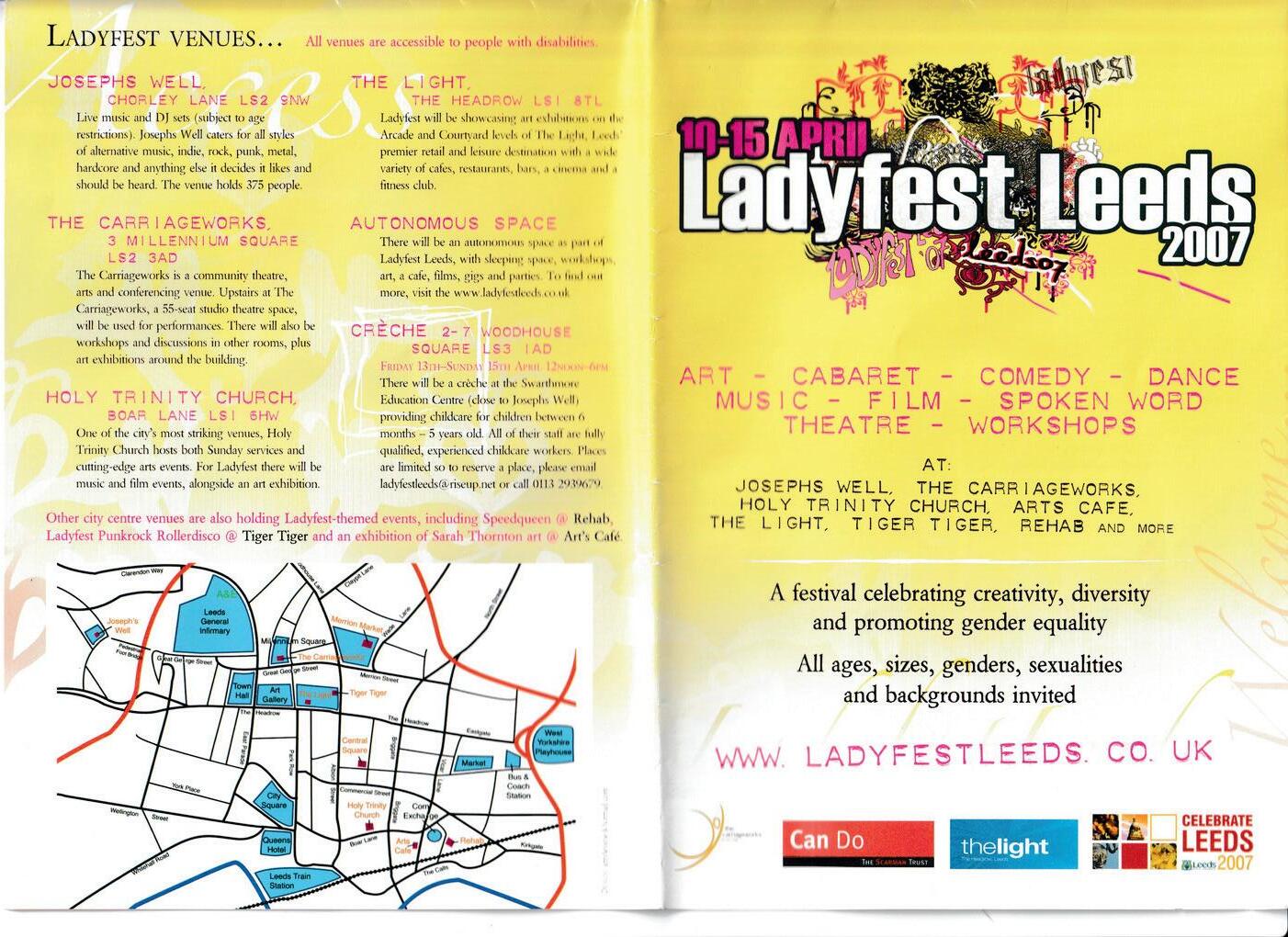
2007 Ladyfest Flyer Credi. Ladyfest Leeds
